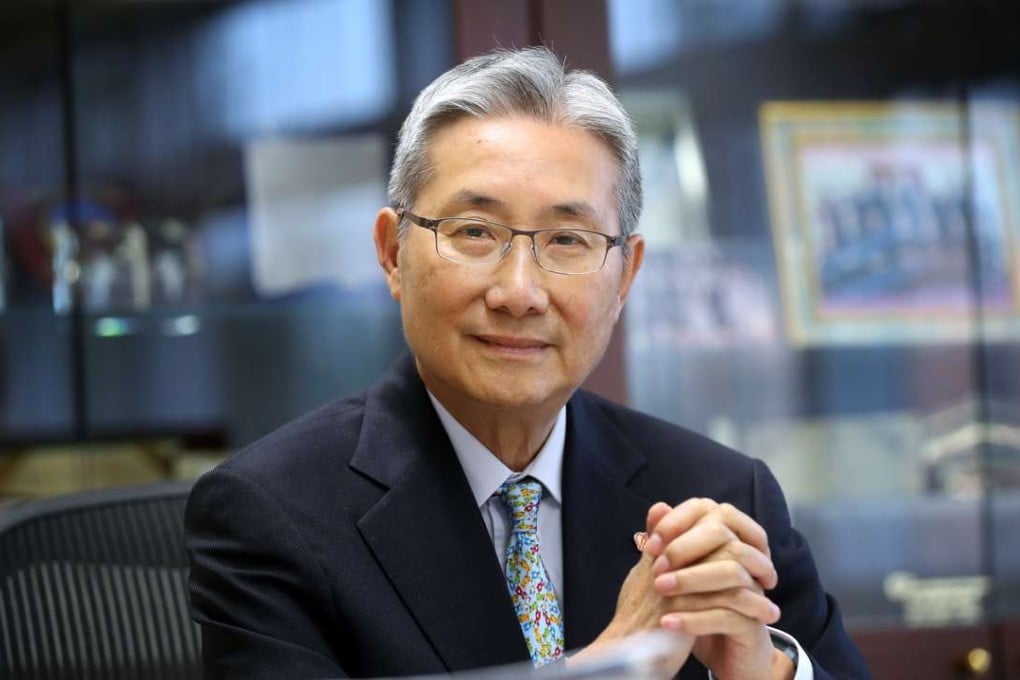End-of-life care in Hong Kong severely lacking, doctors warn
With only 19 palliative care specialists in the city, priorities and training must change, they say

Understaffed and undertrained, Hong Kong’s end-of-life care services struggle to meet needs of an ageing population, despite government plans to expand the stretched provisions to cover support for those who wish to die at home.
Hong Kong has only 19 palliative care specialists – those who focus on providing physical and psychological care to patients suffering from terminal illness – and university training has been criticised by experts.
The University of Hong Kong told the Post on Tuesday that medical students would be required to follow terminal patients for a year, to better understand their needs. They may be asked to accompany them to see doctors, visit them at home, or attend their funerals.
It is impossible to lay all the work on those 20 specialists
The proposal of encouraging patients to spend their final moments at home is only part of palliative care services, which are now being studied by the former health minister Professor Yeoh Eng-kiong, as revealed by Hospital Authority chairman John Leong Chi-yan in his interview with the Post last week.